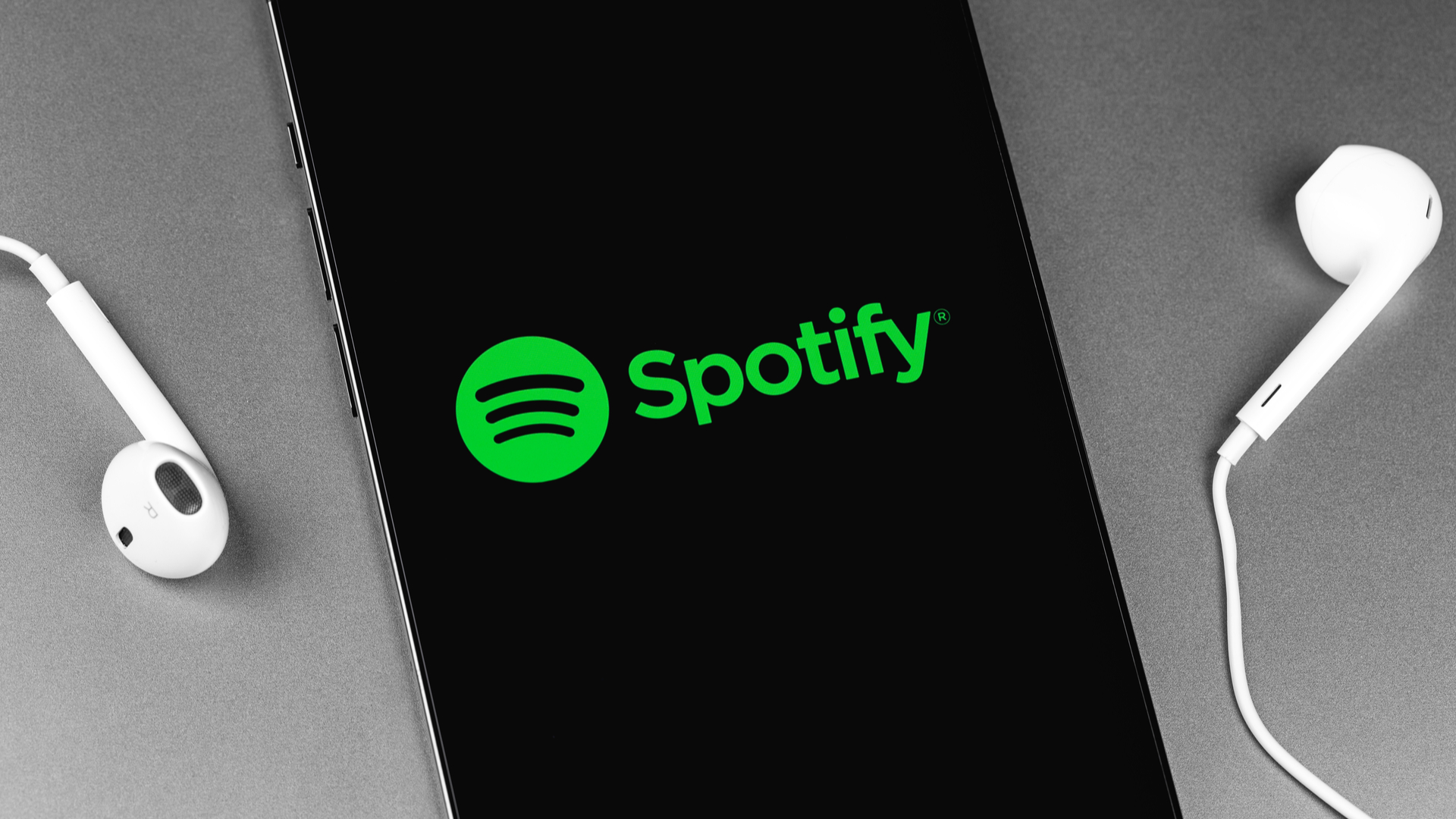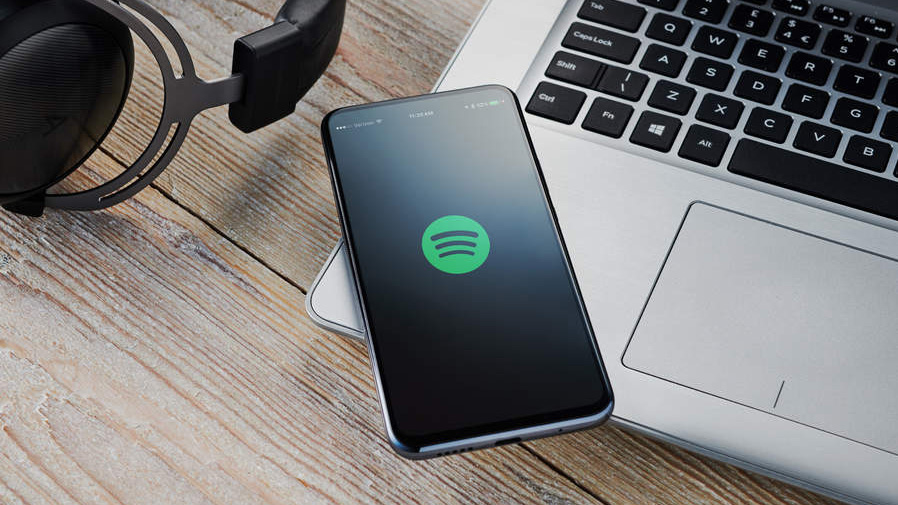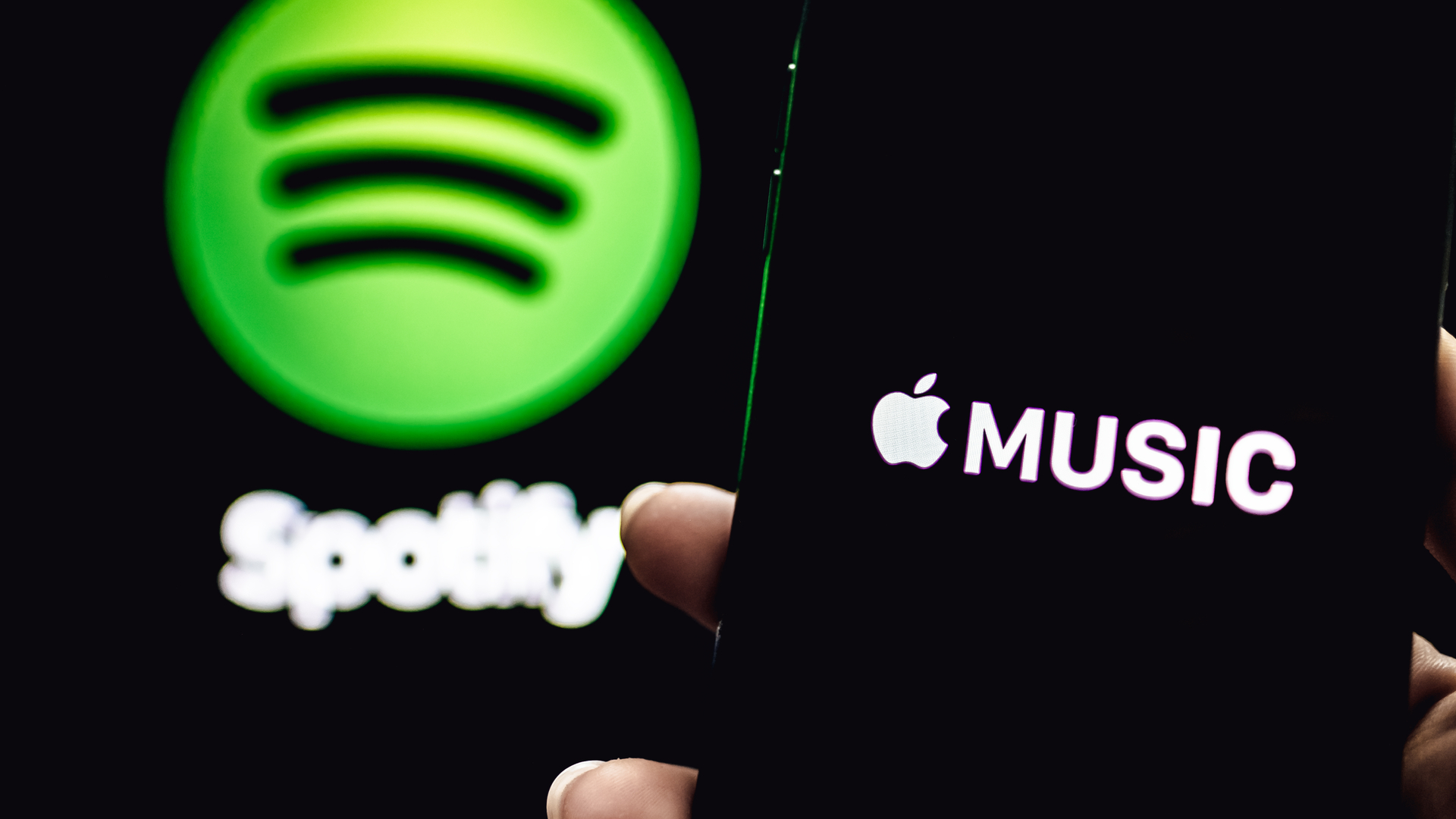Could Spotify's stance on Joe Rogan cost it listeners?
Artists and subscribers are seeking out pastures new

Spotify is the most popular music streaming platform in the world, having amassed over 523.9 million subscribers by mid-2021. However, the service has been under intense scrutiny in recent weeks, with artists and subscribers boycotting Spotify in protest at its endorsement of controversial podcaster Joe Rogan.
It may have started out as a music service in 2006, but Spotify has been investing heavily in podcasts over the past few years – and since Spotify bought the exclusive rights to distribute The Joe Rogan Experience in 2020 it’s fast become the most popular podcast on the platform.
As popular as it is, The Joe Rogan Experience has been criticized for spreading misinformation around the Covid-19 pandemic, and about the vaccines in particular, which has led to a number of high-profile artists removing their music from the streaming service, most notably Neil Young and Joni Mitchell.
We’ve heard anecdotally that many Spotify fans are looking to other streaming services like Apple Music, Tidal, and Deezer, as a result of the controversy – but will this apparent damage to the company’s reputation really affect Spotify’s 31% market share of the music streaming industry?
What’s happened?
Spotify’s problems began when an open letter to the company urging it to tackle misinformation around the pandemic was signed by over 1,000 health professionals and scientists. The letter cited an episode of The Joe Rogan Experience that featured virologist Dr Robert Malone – someone who had already been banned from Twitter for violating its Covid misinformation policies.
Misinformation is a big concern for those working to tackle the pandemic, as Professor Sander van der Linden, director of the Cambridge Social Decision-Making Laboratory explained to us: “Aside from the virus, I think that one of the most dangerous things about this pandemic is the spread of misinformation, especially insofar it has the ability to influence people’s behavior.”
Researchers at the laboratory found that “the endorsement of misinformation reduces people’s willingness to get vaccinated and recommend the vaccine to others,” which is unlikely to be a stance that Spotify would want to align itself with.
Sign up for breaking news, reviews, opinion, top tech deals, and more.

A duty of care?
Whether you feel that Joe Rogan’s podcast is spreading misinformation or not – and its many subscribers prove that plenty of people are perfectly happy with the host and his guests – large and influential platforms like Spotify arguably have a duty to protect users from potentially harmful content.
We spoke to one former Spotify subscriber who felt “disappointed” in the service for not challenging Rogan when Neil Young initially threatened to remove his music from the platform. Sarah Jones, editor-in-chief of PoliticusUSA, told us that she deleted Spotify because she “can’t bear to knowingly share space with a global brand” that she believes is promoting anti-vaxx content.
While she concedes that Spotify’s decision to back Rogan is probably “nothing but business”, the issue is personal for Jones: “My father was radicalized against the Covid vaccines by voices like Joe Rogan [and] my business partner is a high-risk individual whom anti-vaxxers put at risk with their choice to put his and others bodies in jeopardy.”
Spotify has since published its 'platform rules', the first time it's made public the content guidelines that it upholds for its content creators – both exclusive Spotify partners and any other contributor that shares on the platform. Among these guidelines, there’s a section dedicated to disallowing content that “promotes dangerous false or dangerous deceptive medical information that may cause offline harm or poses a direct threat to public health". We’ve reached out to Spotify for further comment, but so far, the company hasn’t responded.
Rogan himself has responded to the backlash, saying that “I'm not trying to promote misinformation, I'm not trying to be controversial. I've never tried to do anything with this podcast other than just talk to people and have interesting conversations".

Should Spotify be worried?
It’s a highly fraught subject, and one that seems to be dividing the Spotify community into those who feel the platform has neglected its duty of care towards its subscribers, those who feel podcasters like Rogan should be free to say what they like, and those who just want to listen to music and don’t care about the drama surrounding their service of choice.
We hosted a small Twitter poll on the issue, and of 903 respondents, 56% said that they would be “sticking with Spotify”.
Spotify has long dominated the music streaming space, and endured – and survived – controversies in the past. Over the years, several artists have withdrawn their music from Spotify, including The Beatles, Taylor Swift, Jay-Z and Thom Yorke – their reasons for doing so were varied, but Spotify has been criticized in the past for not compensating artists as fully as it could – although, the last time we checked, most of the artists who removed their music in the early days can now be found on Spotify.
Spotify still enjoys far higher subscriber numbers than its biggest competitors, despite rivals like Apple Music and Amazon Music now offering hi-res audio at no extra cost. While the company is set to launch Spotify HiFi, which it says will deliver CD-quality streams (though when that will be exactly still eludes us), it’s never promised to deliver true hi-res audio, despite the growing number of music fans prioritizing higher-quality audio streams in the last few years.
In our minds, Spotify still offers the best user experience out of all the platforms we’ve tested. Its comprehensive catalogue, excellent search function, unbeaten curated playlists, and simple user interface will likely ensure its success for years to come.
However, the subject of misinformation around Covid-19 is an emotive, and often politicized subject. We don’t think Spotify will lose its huge market share, and the publication of its content guidelines will at least give the public an understanding of its standards, but the last few weeks have certainly pushed at least some of its subscribers into the arms of Apple Music, Tidal, and other big competitors – and ultimately that could be good for consumers.
Spotify will need to work hard to redeem itself in the eyes of the subscribers it’s lost, and that might mean an expedited rollout of Spotify HiFi – perhaps even at no extra cost to its Premium subscribers, which would dispel rumors that the company would charge for the privilege of higher-quality audio.
Above all, we hope that Spotify will be more transparent around its content curation and moderation in the future – and while we don’t think it will remove its most popular podcaster in order to appease its detractors, it may take more care to ensure that his content isn’t inadvertently causing harm to listeners.

Olivia was previously TechRadar's Senior Editor - Home Entertainment, covering everything from headphones to TVs. Based in London, she's a popular music graduate who worked in the music industry before finding her calling in journalism. She's previously been interviewed on BBC Radio 5 Live on the subject of multi-room audio, chaired panel discussions on diversity in music festival lineups, and her bylines include T3, Stereoboard, What to Watch, Top Ten Reviews, Creative Bloq, and Croco Magazine. Olivia now has a career in PR.